The former hyperpop star’s new album is refreshingly warm and musical, characterized by an unvarnished left-field funkiness lacking in her online contemporaries.
quinn must have whiplash. She’s spent her short career madly oscillating between extremes—only a few months into the pandemic lockdown, she mushroomed from having a few thousand fans to being crowned hyperpop’s forever-queen. But after that sudden assault of unwanted expectations, she disappeared and deleted her old music on SoundCloud. Then, equally abruptly, she returned with a debut album, swiftly followed by a mixtape she said was made during the worst period of her life. Through it all, she’s remained holed up in her bedroom, creating at least nine projects across her many pseudonyms in the last two years.
It’s easy to forget she’s only 17—a high schooler. But after all that tumult, quinn may have finally broken free. “I’m in a new place/I’m in a new light/I’m where I’ve always wanted to be,” she sings on “pdwnth” from her new album quinn, her voice curling when she says “be” like honeysuckle bending toward the sun. She’s never sounded more serene. Gliding over soft bass guitar and electric piano, she sings blithely about being faded and dehydrated, about being the shit and knowing it: “Who is she?/Bitch, I’m me/The first prodigy you ever seen, seventeen.”
quinn is her least hyperactive and glossy project to date. It arrives at a peculiar moment, when the internet music scene she came from feels increasingly overrun with lookalikes deploying the same ultra-shiny synths, same Main Character song structures, same windswept emo mewls. Against that context of done-to-death hyperpop, quinn is refreshingly warm and musical, full of little confessions and self-reflections that don’t monopolize your attention. Instead of pop hooks or electronic explosions, there’s bright guitar and tight yet relaxed drums. It has an unvarnished left-field funkiness that’s hard to pinpoint, similar to but not quite like Toro y Moi’s dissipated grooves, Slauson Malone’s sound-mosaics, or Dean Blunt’s genre-flummoxing anarch-art. It almost feels outside of time, with ’70s echoes—jazz-fusion, a lumbering funk rhythm, soulful singing—rubbing against chopped-up sound shards and processed vocals.
quinn produced, wrote, and arranged everything here, an impulse clearly aligned with her desire to be beholden to no vision except her own. To that point, her releases don’t bend to coherent shapes; they feel more like a dramatic disgorging from a peripatetic teen too curious to keep it all in. Recall how her debut, drive-by lullabies, skittered between twee pop and ambient, glitch-rap and facemelting bass. Or peep this year’s i’m going insane, an unrestrained torrent of draft-dump aural adventures from serrated rap to spoken-word SoundCloud poems to ultra-dreamy sample flips. quinn has the same thrillingly unscripted energy as before but this time it’s more focused, like flipbooking through someone’s brain. Smooth rapping and rhythm loops crash into noise; an almost tear-eliciting apology to a friend dissolves into a baleful bass rampage where quinn talks about invading an unnamed man’s house and stealing his identity, without proffering any explanation or context for any of those actions.
This album is slightly tighter than her debut—16 songs in just 32 minutes—which makes it feel dizzying and disjointed at times, especially during the middle, when the creepypasta-core bass mystery “i see you” spirals into radiantly quaint indie and then a vaporous void of synth. “food 4 thot” is maybe the tape’s weirdest. It microwaves a sample of a man rambling about the fifth dimension over a synth that evokes an anthropomorphic trumpet slumped on a bench, blowing morosely into the dusk, its plaintive wails buried under the scuffle of evening traffic. The wide sweep of textures on display mirrors the breadth of emotions—there are moments of frustration, elation, and affection, although most prevalent is earnest self-confidence. “warm and fuzzy” spotlights quinn as she ponders why she doesn’t feel comfortable showing her music to others, which is common in internet music scenes, where artists often trade files on Discord. Reaching the conclusion that “all you can really do is know yourself,” quinn decides to have fun and not “give a fuck if it’s ass.” The song ends with a silly, sweet detuned synth—the sounds agree with her.
Listening to quinn, I can’t help but contrast its more self-assured tone with some of the artist’s earliest music, dominated as it was by brutal throbs of cold loneliness. It was a feeling many of us experienced during the early pandemic. Yet maybe because of quinn’s lack of an adult’s emotion-guarding filter, the melancholy felt so much more visceral in her young voice: “It must be nice to have something to live for," she cried plainly on “mbn,” one of her first hits, a touching song about having no friend group and feeling left out. “I just want something to live and strive for.”
Fast forward two and a half years, and it feels almost like she’s answering her past self on quinn when she hurls commanding lines like, “I’m exclusive, motherfucker” and “You ain’t never, in your life, heard some shit like this.” She’s still working through anxieties like impostor syndrome and sharpening her sound, further removing herself from the rapidly homogenizing center of hyperpop. But now there’s a sense of earned optimism, of a better future to be had. quinn has a plan, she promises us on the luxurious, top-down-breezy highlight “please don’t waste my time.” The road ahead is newly smooth; all the whiplash that came with her twisty rise is fading in the rearview.





%20Music%20Album%20Reviews.webp)
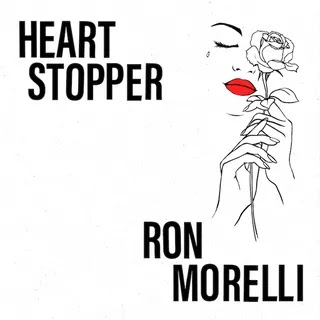


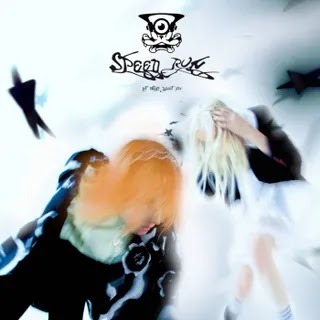

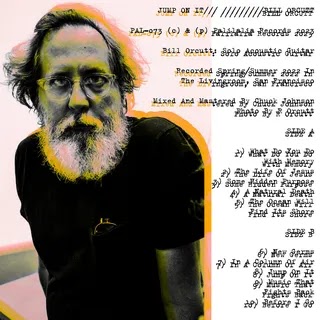
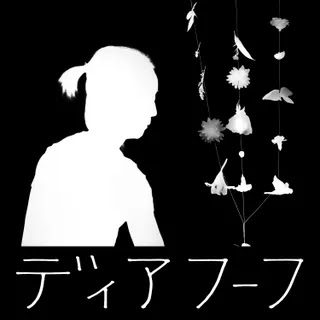
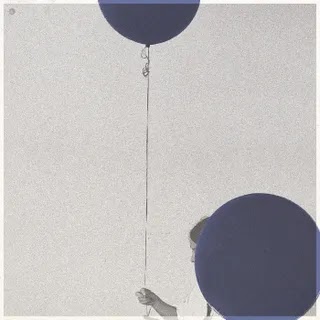


0 comments:
Post a Comment